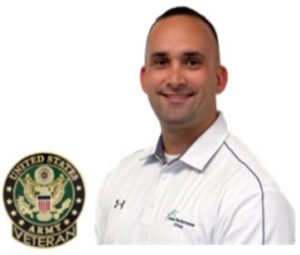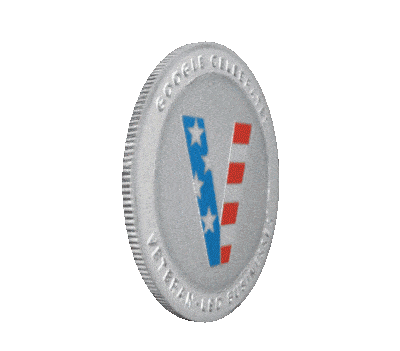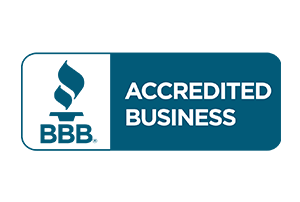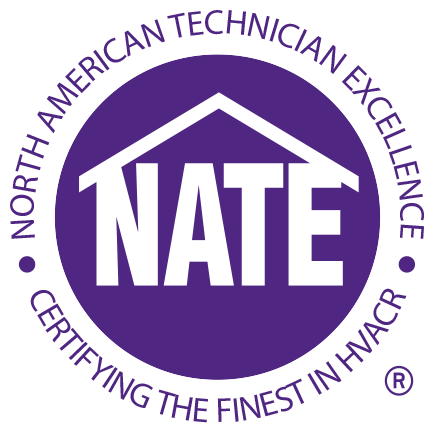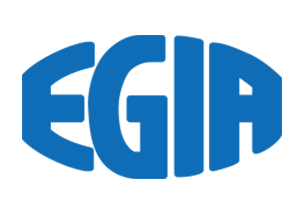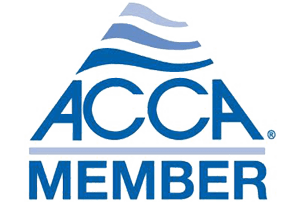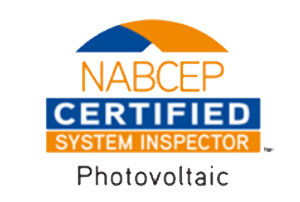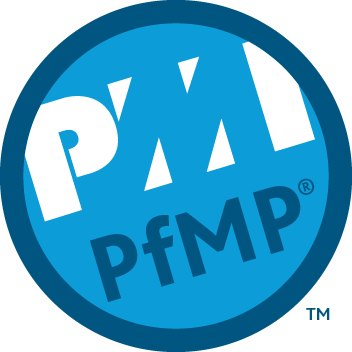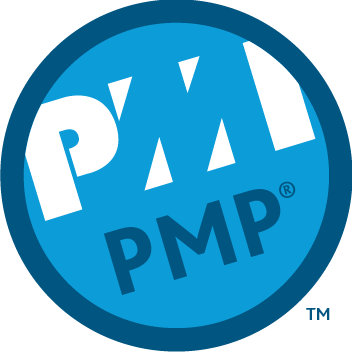Geothermal Heat Pump | What are the Economics of Ground-Source Heat Pumps?

A geothermal heat pump can save you in many ways. According to the U.S. DOE (Department of Energy), depending on available incentives and financing, pay-back periods for a ground-source heat pump (GSHP) can be as little as two years as compared to a standard heating and cooling system.
Available Incentives and Rebates for Geothermal
Both federal and state governments, as well as utility providers, are supporting installation of ground-source heat pumps by offering numerous incentives. Currently, the federal government offers a 26% tax credit (not deduction) for the total installation cost of residential geothermal heat pump systems. In 2020, the federal government extended this incentive through 31 December 2023. Without further legislative action, this tax credit will decrease each year eventually sunsetting altogether. Beginning 1 January 2023, the tax credit decreases from 26% down to 22% ultimately expiring at the end of 2023. Below are some additional facts about the energy efficiency federal tax credit:
- May be combined with other available energy efficiency incentives
- May be combined with photovoltaic solar tax credits
- No maximum limit to this tax credit
- May be used in more than one year
- Can be used to offset alternative minimum tax (AMT)
The state of Kansas has legislation, specifically, Statute 79-201 S.B. 91 which allows homeowners to file applications for property tax exemption for installation of new ground-source heat pumps. The exemption is limited to the 10 taxable years immediately following GSHP construction. The city of Kansas City passed regulation 88-305-11 which permits the installation of earth heat exchanger systems in all zoning districts.
Finally, some local and regional utility providers are offering rebates encouraging customers to switch to ultra-efficient geothermal heat pumps. The rebate calculations differ among various utilities, and some incentives are richer than others. Currently, Evergy provides up to a $700 rebate for new installations, Ameren offers up to $1,800 in incentives, and Platte Clay Electric Cooperative provides $750 per ton of installed heating and cooling capacity.
Financial Analysis
According to the U.S. Energy Information Administration (EIA), a confluence of multiple factors continues contributing to rising rates both for electricity and gas (natural and propane). The United States commitment to eliminate non-renewable fossil fuels while simultaneously developing renewable energy sources will increase electricity demand. Two of the largest electrical demands are home electrification and the electric vehicle transition. Future electricity rates are expected to increase over the next 10 to 20 years based on the combined effects of higher electricity demand, stricter environmental regulation regarding new natural gas pipelines, shale and oil exploration, and limitations on traditional power plant infrastructure. The EIA forecasts an increase in electricity rates of 2.8% in 2021 alone with an average retail rate of 13.6 cents per kWh and an additional 1.8% in 2022.

At 13.6 cents per kWh for a typical sized American home with 1800 kWh demand per month the average total electric bill is $244.80. The space conditioning cost roughly calculates to $1,498.18 per year. A ground-source heat pump can save $446.46 per year in electricity making the simple pay-back period in this example 4 years 9 months. Because a geothermal heat pump operates in both heating and cooling mode with electricity alone as well as providing a large portion of domestic hot water (DHW) at no cost, the requirement for gas service can be eliminated. When taking into the account the annual savings for natural gas service or propane deliveries, the pay-back period for a ground-source heat pump is well below two years. After the simple pay-back period, the homeowner is accumulating savings. After accounting for both utility rebates and federal tax incentives, a ground-source heat pump is actually less expensive, based on total cost of ownership (TCO), than a conventional high-efficient heating and cooling system, making the pay-back immediate.
An interesting concept discussed with many clients is to redeploy monthly energy savings into accelerating payoff of their home’s mortgage. According to the Saint Louis Federal Reserve economic research data, the median home price in the U.S is 347,500. Currently, a conforming Freddie Mac 30-year fixed rate mortgage is 3% resulting in a monthly principal and interest payment of $1,465.07. By redeploying the realized electricity and gas utility savings of $128 per month into mortgage principal payments, the standard 30-year mortgage could be paid off in a little over 26 years. This effectively shortens the mortgage by almost four years and saves the homeowner $24,015 in lifetime interest. Larger homes or older buildings with higher heating and cooling loads, or bigger systems will see greater savings and faster pay-back periods than the example above.
The last financial consideration for geothermal heat pumps is to assess true lifecycle cost. Standard air-conditioners are installed outdoors exposing the equipment to all manner of perils; extreme temperatures, high winds, flying debris, water, hail, and physical damage by humans and animals. A ground-source heat pump on the contrary is installed inside the structure, preferably within the conditioned space, offering significant protection to the equipment and optimal operating conditions. Because a GSHP does not see the same harsh environmental conditions as a conventional system, the expected life cycle is much longer, meaning fewer replacements of equipment over the same time horizon. A typical ground-source heat pump can last 15 to 20-years as compared to a 10-year equipment life for conventional heating and cooling systems. Additionally, once a geothermal heat pump is installed, future replacement costs are a fraction of the initial first cost. This is due to the earth loops which virtually never require replacement after the initial installation. This means once the unit reaches end of life, replacement costs will be substantially less compared against both the initial first cost of a GSHP and even conventional heating and cooling system replacements.
Home Performance Group Geothermal Heat Pump Installation in Kansas City
If you are looking to substantially reduce your monthly utility bills, or are constructing a new home, explore ground-source heat pumps with your contractor. Geothermal heat pumps providing energy efficiency are financially viable in nearly any residential home setting. In many cases, after considering both the rebates, incentives, lifecycle replacements, and monthly energy savings, ground-source heat pumps are much less expensive than high-efficient conventional systems.
At Home Performance Group, we continue to operate at the cutting edge of heating, cooling, electrical and plumbing technology. We invest in technical training so our team can accurately design, specify and install geothermal heat pumps. Our in-home consultations are at no cost, and with a system purchase include a copy of the system design. Alternatively, if you choose not to buy from us, we can provide you the load calculation and design for a nominal fee.
If you are interested in a no-cost in-home consultation, schedule with a Solutions Advisor today.

Article by Larry L. Motley Jr., 20 September 2021
Larry is a graduate of both Wentworth Military Academy and Missouri Western State University earning a double bachelor’s degree in Economics and Finance. Additionally, he maintains six professional tradesman licenses in two states and advanced credentialing in green technology, project and program management, and process improvement. Larry is a three-time combat veteran having served in Operation Iraqi Freedom, Operation New Dawn, and Operation Inherent Resolve. He continues to serve through a value-based building science company focused on providing clients the best design, highest quality installation, and most honest repair services in the community.


Featured Service Areas:
| Missouri | Kansas | ||||
|---|---|---|---|---|---|
|
Belton Blue Springs Cameron Excelsior Springs Gladstone Holt |
Independence Kansas City Kearney Lathrop Lawson Lee's Summit |
Liberty North Kansas City Parkville Platte City Plattsburg Polo |
Raytown Riverside Smithville Sugar Creek Weston |
Kansas City Lansing Leavenworth Leawood Lenexa |
Merriam Mission Mission Hills Praire Village Shawnee |



